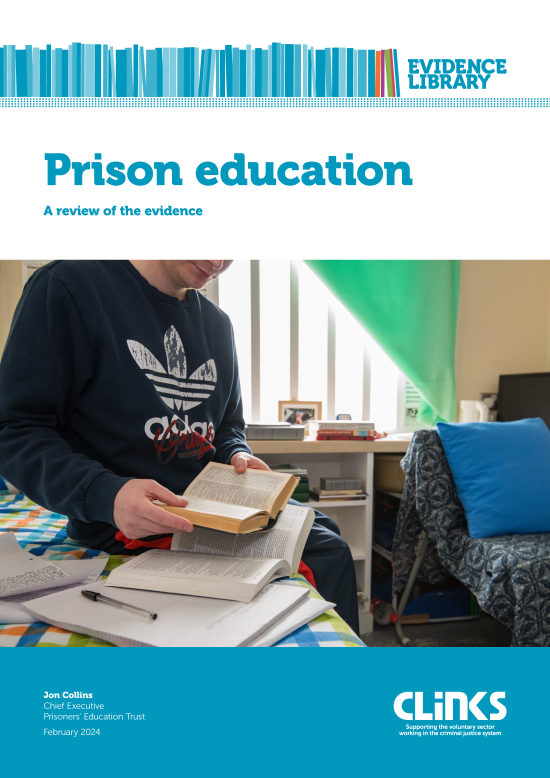
Prison education - A review of the evidence
Jon Collins, Chief Executive of Prisoners’ Education Trust, takes a look at the current state of prison education and the evidence base for the effectiveness of prison education.
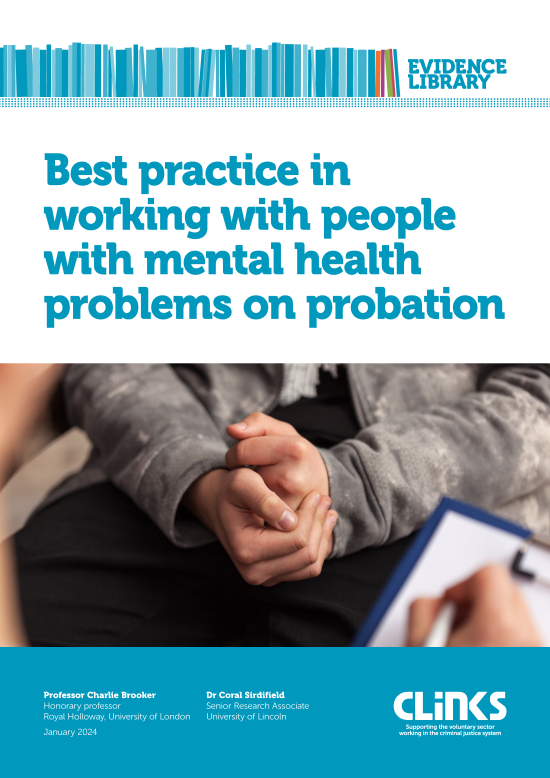
Best practice in working with people with mental health problems on probation
Professor Charlie Brooker and Dr Coral Sirdifield take an in-depth look at the barriers faced by people on probation suffering from mental health problems and what good quality care for this group looks like.
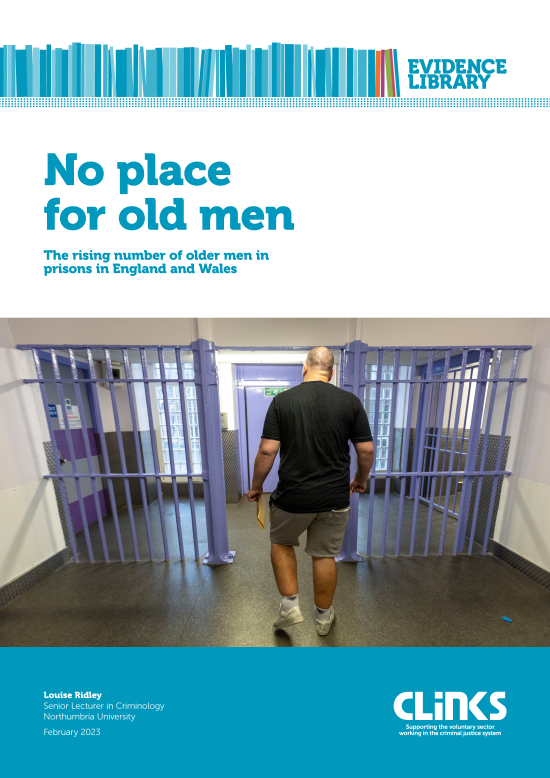
No place for old men
Louise Ridley provides an in-depth look at the issues and challenges of our ageing prison population and reviews the important role played by voluntary organisations, working collaboratively in prisons and improving the quality of life experienced by older people in prison.
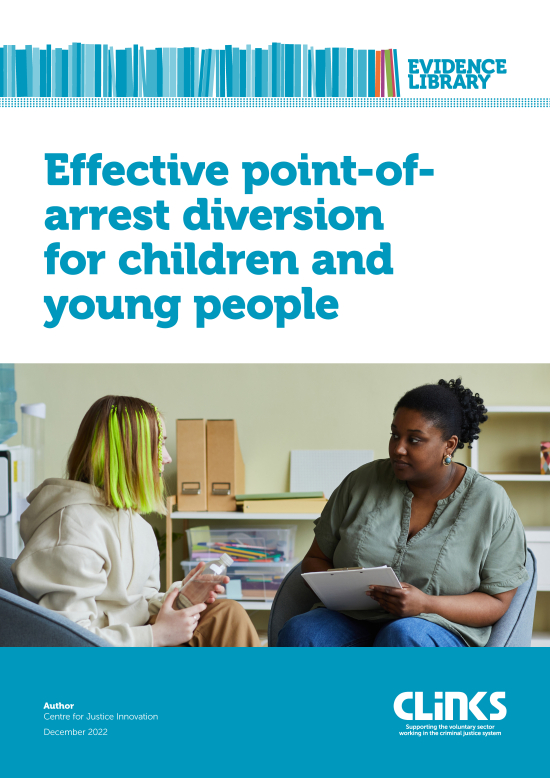
Effective point-of-arrest diversion for children and young people
The evidence review has been written by the team at the Centre for Justice Innovation. It evidences that point-of-arrest youth diversion is a better way of addressing low-level criminal behaviour. Moreover, in line with the Youth Justice Board’s ‘Child First’ strategy, point-of-arrest youth diversion is vital to the prioritisation of the child’s needs, enabling a fairer youth justice system.
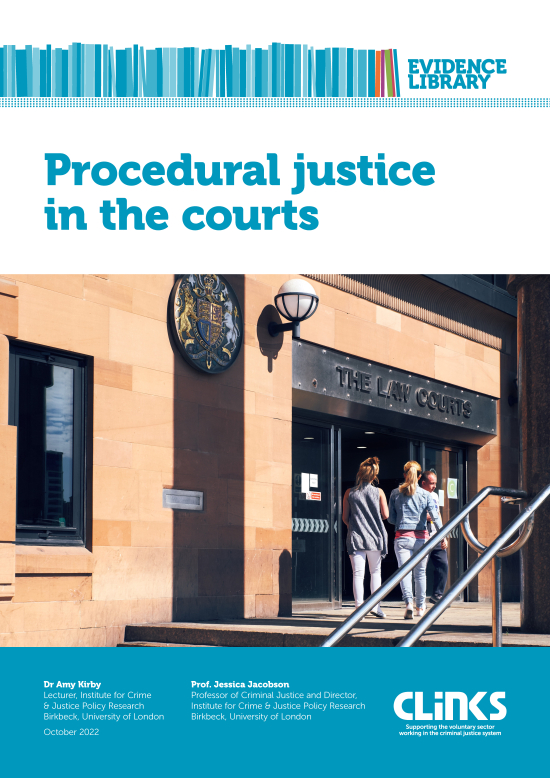
Procedural justice in the courts
Dr Amy Kirby and Professor Jessica Jacobson examine the evidence base for procedural justice in the courts. They consider
the emerging research on procedural justice in the courts and provide examples, drawn from their own empirical studies,
of how procedural justice may be achieved in practice in the courts.
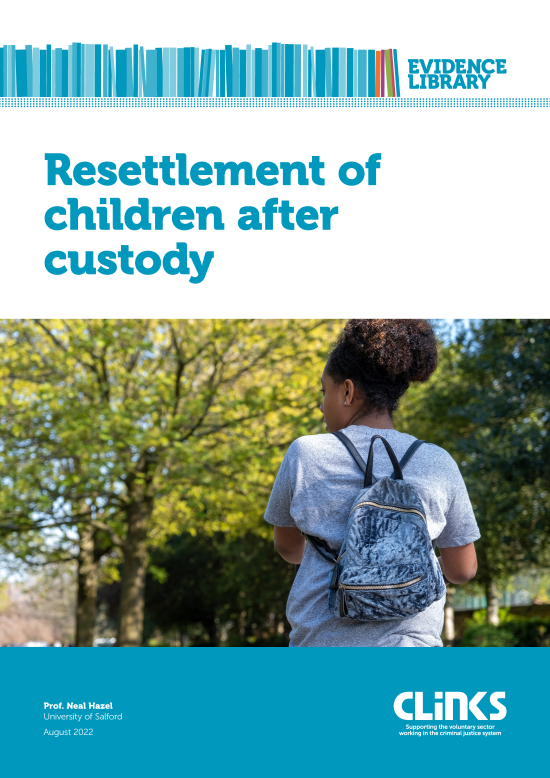
Resettlement of children after custody
Criminologist and social policy analyst Professor Neal Hazel, looks at the considerable body of evidence regarding effective resettlement support for children being released from custody. It shares policy and practice guidance as well as how to implement it effectively.